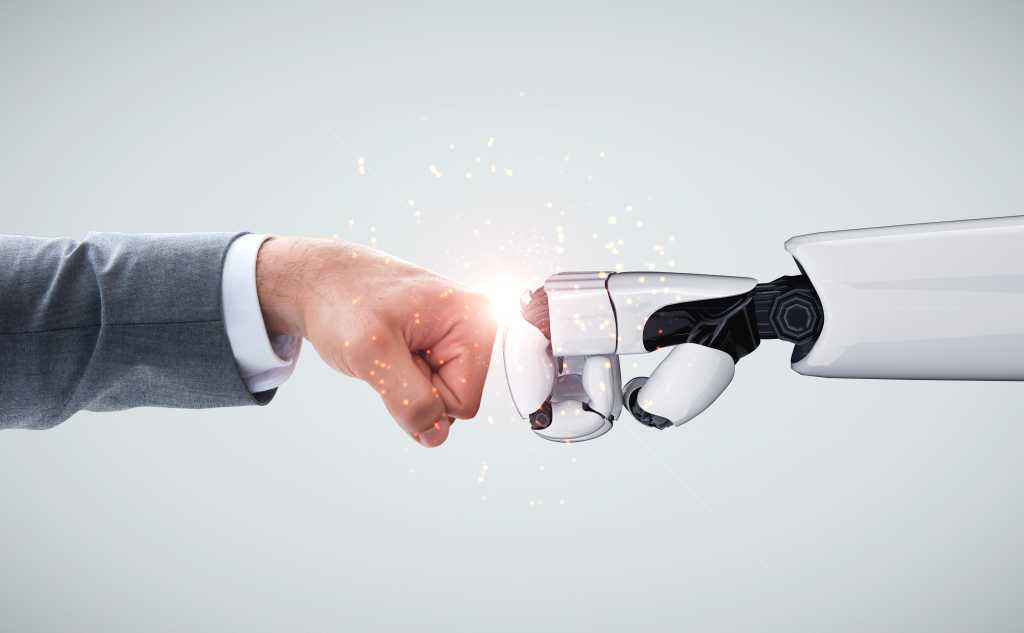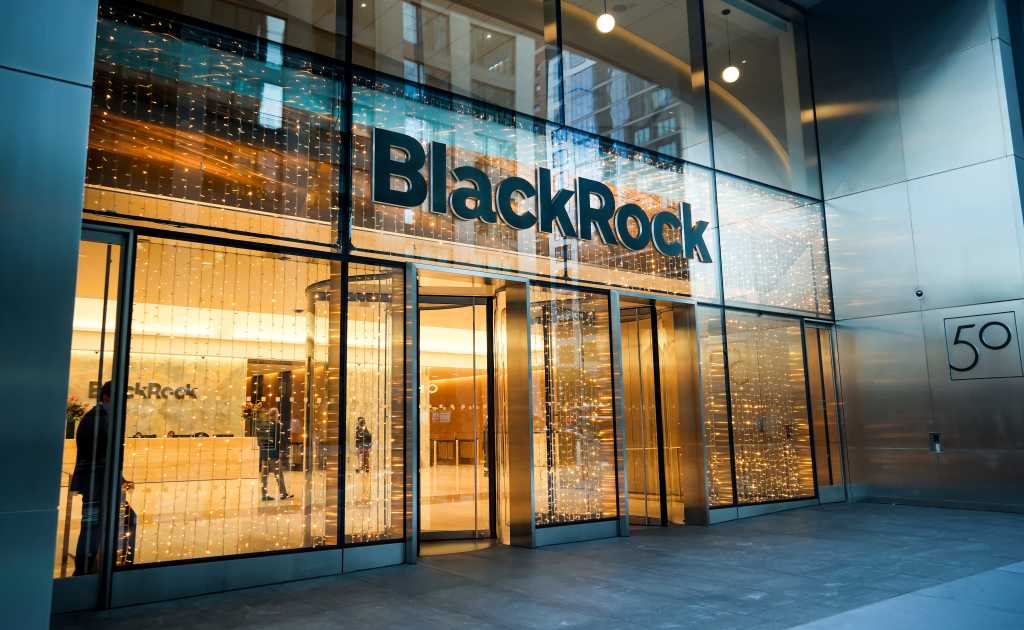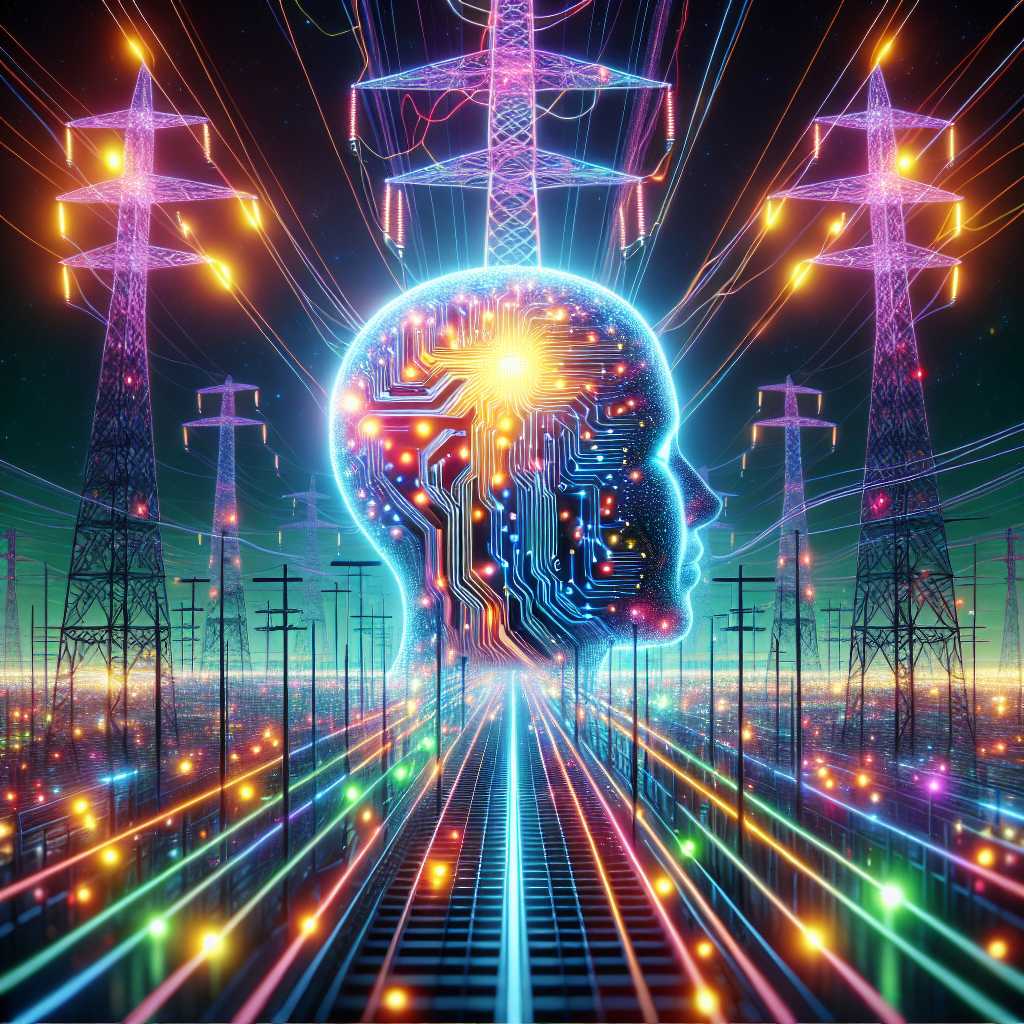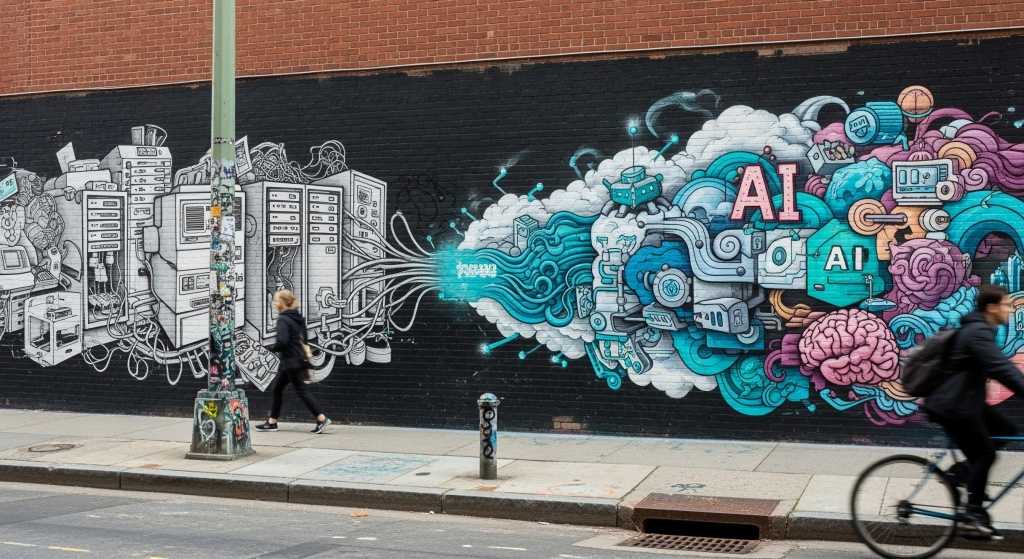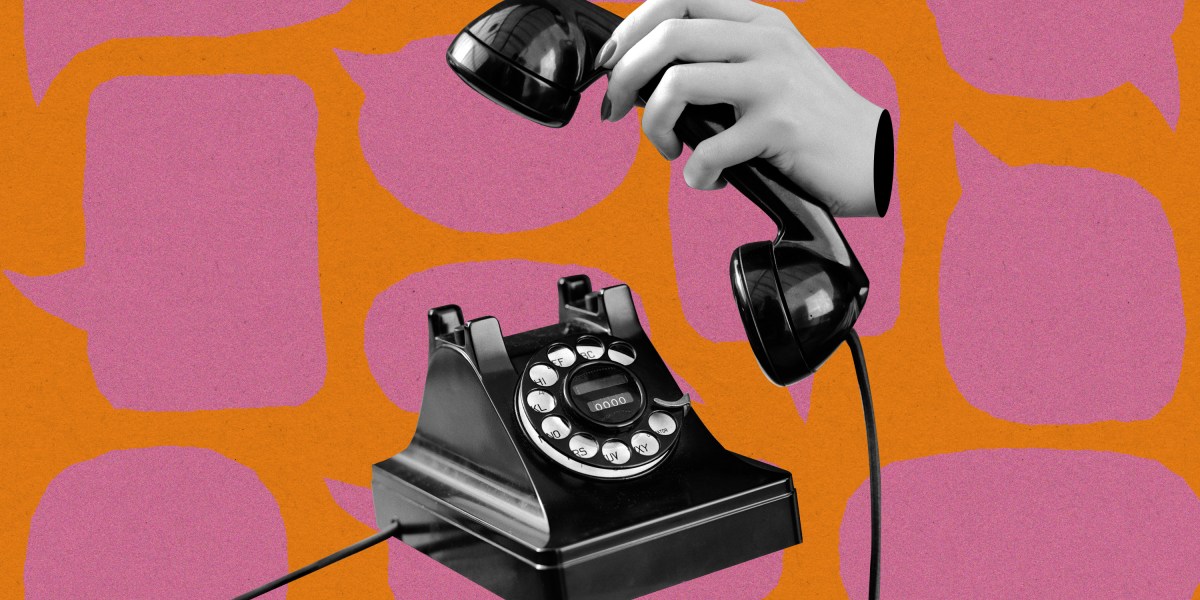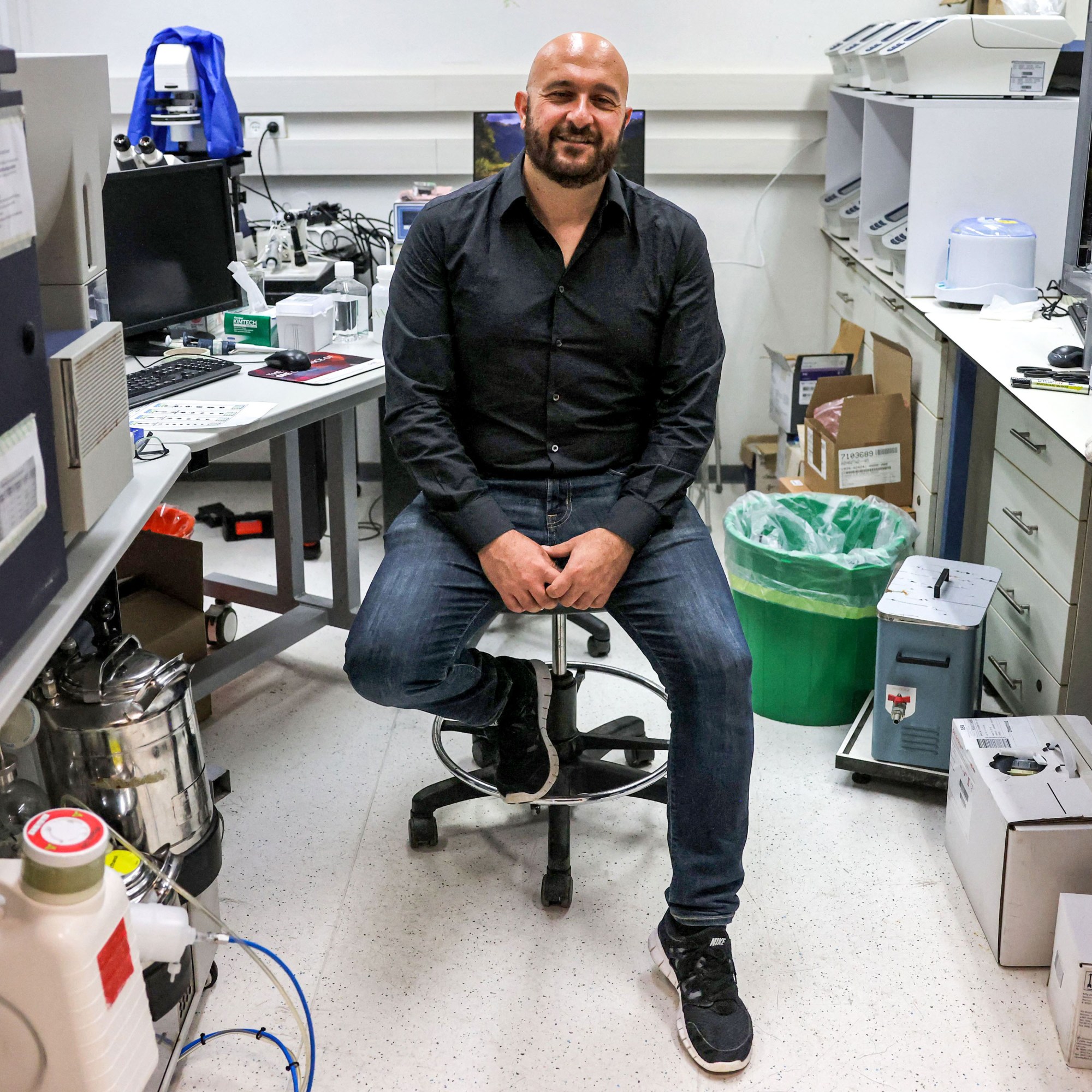This is today’s edition of The Download, our weekday newsletter that provides a daily dose of what’s going on in the world of technology.
The astonishing embryo models of Jacob Hanna
Instead of relying on the same old recipe biology has followed for a billion years, give or take, stem-cell scientist Jacob Hanna is coaxing the beginnings of animal bodies directly from stem cells.
Join these cells together in the right way, and they will spontaneously attempt to organize into an embryo—a feat that’s opening up the earliest phases of development to scientific scrutiny and may lead to a new source of tissue for transplant medicine.
Hanna is the vanguard of a wider movement that’s fusing advanced methods in genetics, stem-cell biology, and still-primitive artificial wombs to create bodies where they’ve never grown before—outside the uterus. But exactly how far Hanna has taken his models of the human embryo is an open question. Read the full story.
—Antonio Regalado
This story is from our forthcoming print issue, which is all about the body. If you haven’t already, subscribe now to receive future issues once they land.
Why AI should be able to “hang up” on you
Chatbots today are everything machines. But the one thing that almost no chatbot will ever do is stop talking to you.
Why should a tech company build a feature that reduces the time people spend using its product? The answer is simple: AI’s ability to generate endless streams of humanlike, authoritative, and helpful text can facilitate delusional spirals, worsen mental-health crises, and otherwise harm vulnerable people.
So, why aren’t companies using this obvious safeguard? Read the full story.
—James O’Donnell
This story originally appeared in The Algorithm, our weekly newsletter on AI. To get stories like this in your inbox first every Monday, sign up here.
The must-reads
I’ve combed the internet to find you today’s most fun/important/scary/fascinating stories about technology.
1 The massive AWS outage was caused by a DNS issue
Essentially, its system was unable to work out which server to connect to. (Wired $)
+ That’s how vulnerable services are when they rely on a single location. (The Register)
+ Snapchat, Pinterest, Venmo and Apple TV were among the affected apps. (WP $)
2 Spyware maker NSO has been barred from targeting WhatsApp users
Unsurprisingly, the company has complained this would force it out of business. (Ars Technica)
+ The federal judge also reduced the fine it’s been ordered to pay Meta. (TechCrunch)
3 Anthropic wants to get into life sciences
As AI companies hunt for profits, they’re increasingly targeting the scientific sector. (FT $)
+ How scientists are trying to use AI to unlock the human mind. (MIT Technology Review)
4 Amazon plans to automate up to 75% of its operations
That’s more than half a million human jobs being replaced by robots. (NYT $)
+ Visiting one of its fulfillment centers is deeply unsettling. (WSJ $)
+ To be more useful, robots need to become lazier. (MIT Technology Review)
5 The “chatters” hired to impersonate Only Fans creators are burning out
Hundreds of thousands of chatters in the Philippines are struggling with their demanding working conditions. (Nikkei Asia)
6 Why the toxic manosphere is so compelling to young men
Its biggest influencers are adept at trapping boys in their ecosystems. (The Guardian)
7 Japanese convenience stores are hiring robots
But those robots are remotely controlled by people. (Rest of World)
+ They’re also in the country’s hotels. (Insider $)
+ The humans behind the robots. (MIT Technology Review)
8 Silicon Valley startups are embracing a 72-hour work week
No thank you! (WP $)
9 Google’s New York office has a bed bug problem
There’s never been a better time to work from home. (Wired $)
10 The internet is increasingly filled with slop
Is there anything we can do about it? (The Atlantic $)
+ How to fix the internet. (MIT Technology Review)
Quote of the day
“I had no idea that the loss of one web cloud service would chip away at my small business and give me a Monday morning from hell.”
—Will Mauldin, who owns a woodworking company in Maryland, describes the after-effects of the AWS web outage to the Wall Street Journal.
One more thing
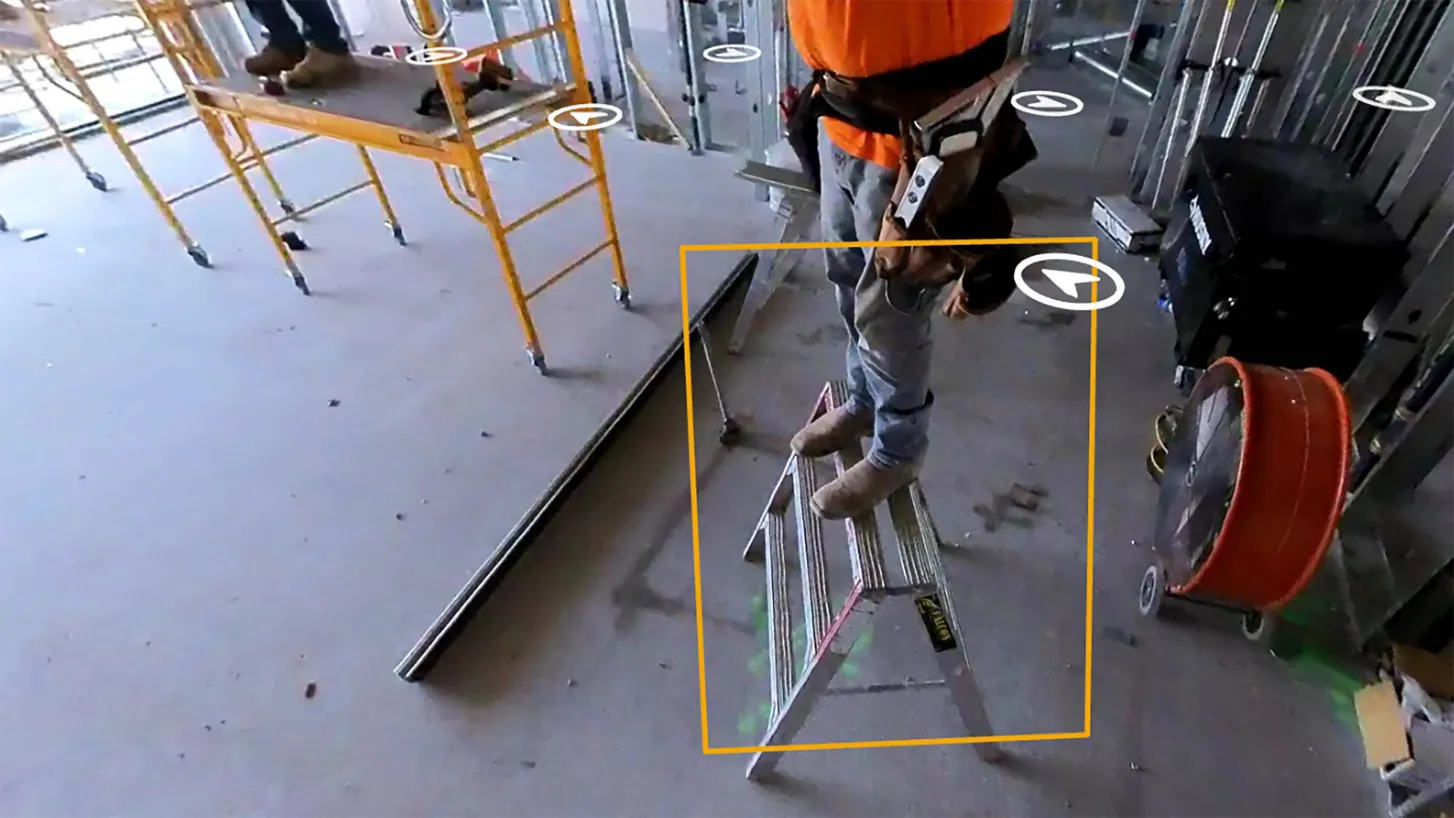
How generative AI could help make construction sites safer
More than 1,000 construction workers die on the job each year in the US, making it the most dangerous industry for fatal slips, trips, and falls.
A new AI tool called Safety AI could help to change that. It analyzes the progress made on a construction site each day, and flags conditions that violate Occupational Safety and Health Administration rules, with what its creator Philip Lorenzo claims is 95% accuracy.
Lorenzo says Safety AI is the first one of multiple emerging AI construction safety tools to use generative AI to flag safety violations. But as the 95% success rate suggests, Safety AI is not a flawless and all-knowing intelligence. Read the full story.
—Andrew Rosenblum
We can still have nice things
A place for comfort, fun and distraction to brighten up your day. (Got any ideas? Drop me a line or skeet ’em at me.)
+ Aww, these giant otter cubs are very sweet.
+ Scientists have uncovered some ancient South American amber that could help us learn more about what the world was like 112 million years ago.
+ Grimes is back—with a new song told from AI’s perspective.
+ How to display your household books in unusual ways 📖

